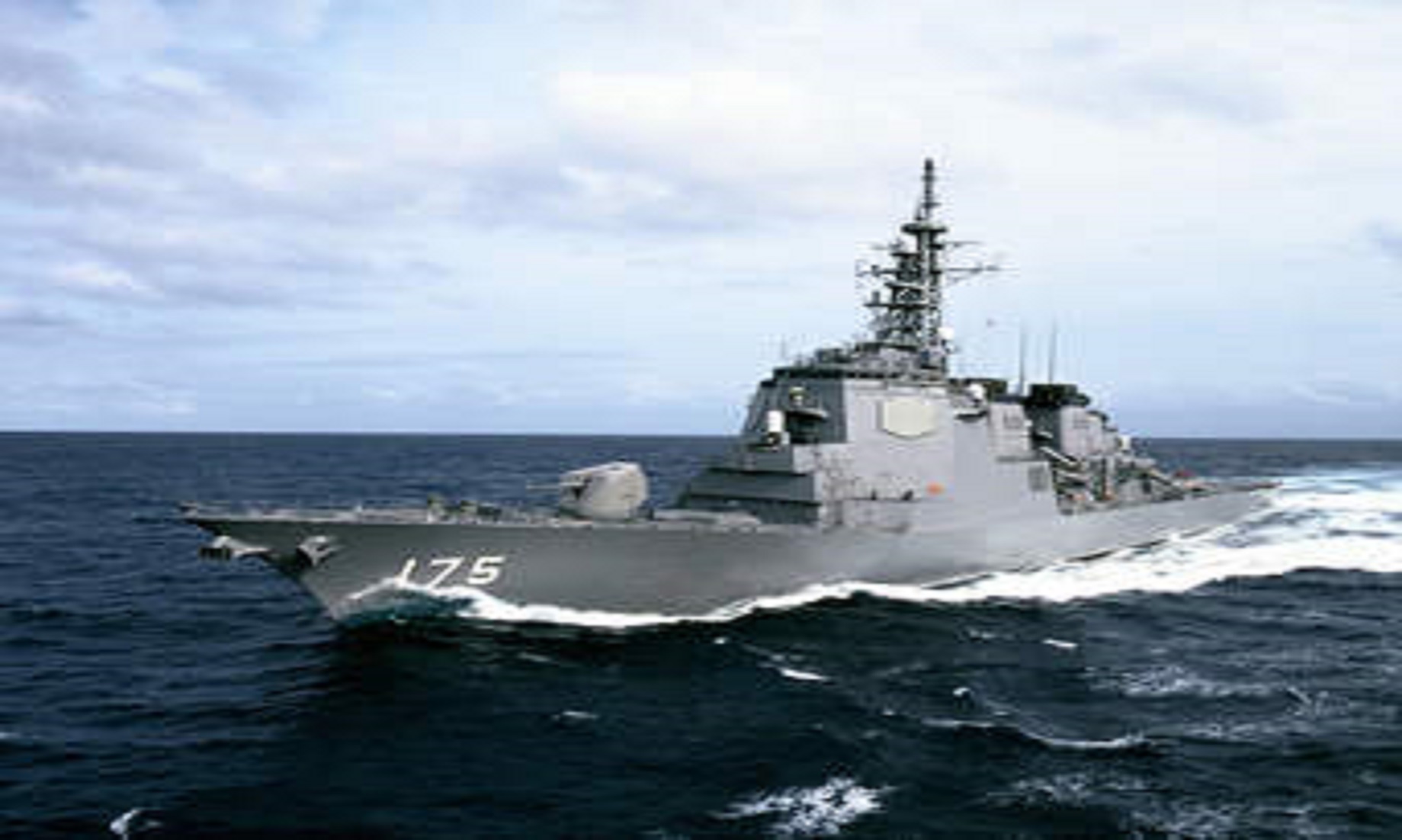TOKYO, Dec 19 (NNN-NHK) – Japan’s Cabinet, yesterday approved the building of two vessels, equipped with Aegis missile interceptor systems, and the development of standoff missiles, capable of attacking targets outside of enemies’ firing range.
The move, opposed by opposition lawmakers, follows high-profile scrapping of the planned deployment of two U.S.-developed land-based Aegis Ashore ballistic missile defence systems, in north-eastern and western Japan in June, following a litany of errors and setbacks.
Japan’s top government spokesperson, Chief Cabinet Secretary, Katsunobu Kato, told a press briefing on the matter that, Japan had no intention of attacking enemy bases, once it acquires the planned new hardware.
“I understand that the purpose is to strengthen Japan’s standoff defence capability and not to attack enemy bases,” Kato said.
The new vessels could cost in excess of 500 billion yen (4.8 billion U.S. dollars), which is 100 billion yen more than the scrapped plan to deploy land-based systems.
The development of standoff missiles, meanwhile, would cost around 33.5 billion yen (324 million U.S. dollars) and is expected to take around five years.
The plan, approved by the Cabinet, says, the missiles could in theory be launched from numerous platforms, including ships and aircraft.
But the defence ministry’s plans have drawn staunch resistance from opposition parties. Opposition lawmakers said that the advancement of such military hardware runs contrary to Japan’s pacifist Constitution.
Article 9 of Japan’s war-renouncing Constitution states that, “Japanese people forever renounce war as a sovereign right of the nation and the threat or use of force as means of settling international disputes.”
It also states that, “land, sea, and air forces, as well as, other war potential, will never be maintained.”
Jun Azumi, Diet affairs chief of the major opposition Constitutional Democratic Party of Japan, said that, the ministry’s plans could run contrary to the country’s post-war defence policy.
“It could deviate from the country’s post-war defence policy,” Azumi was quoted as saying.
Head of the LDP’s National Defence Division, Taku Otsuka, meanwhile, said that, attacking enemy bases is not on the ministry’s agenda. “We do not have that concept in our policy. Making the range of the missiles longer does not mean that the country will have a strike capability against enemy bases,” he said.– NNN-NHK





